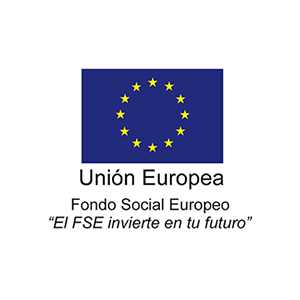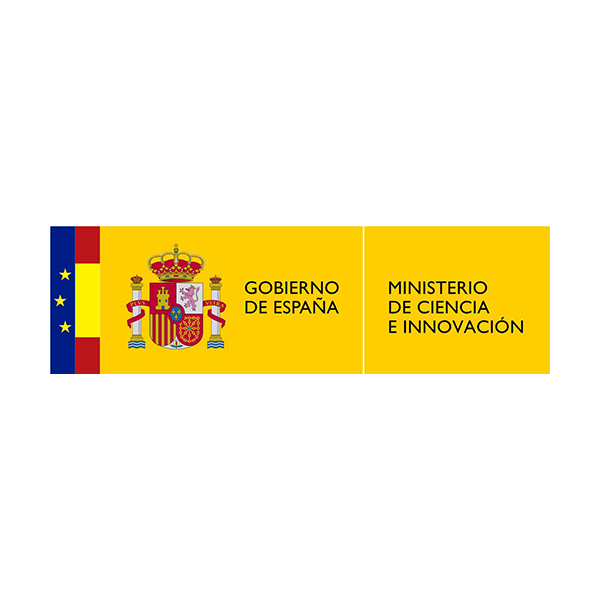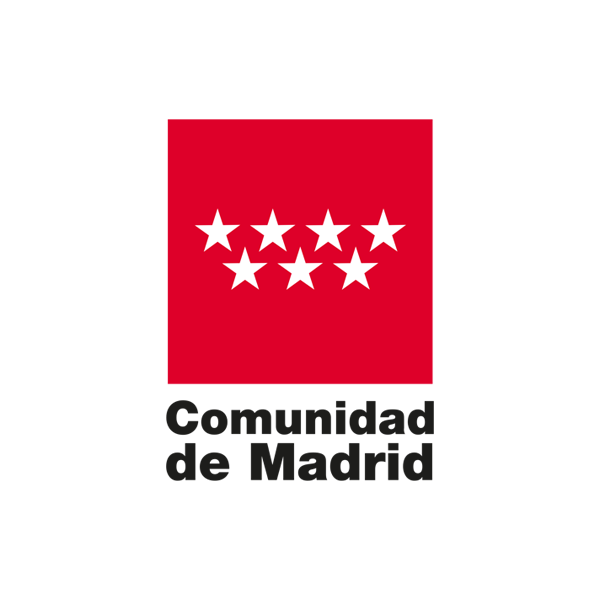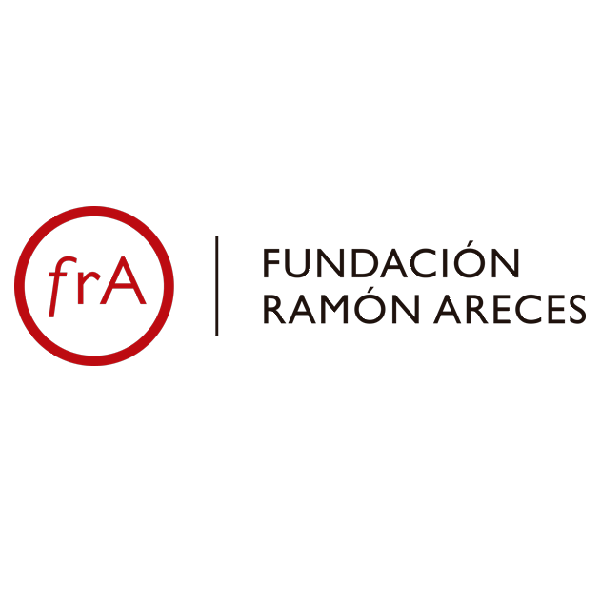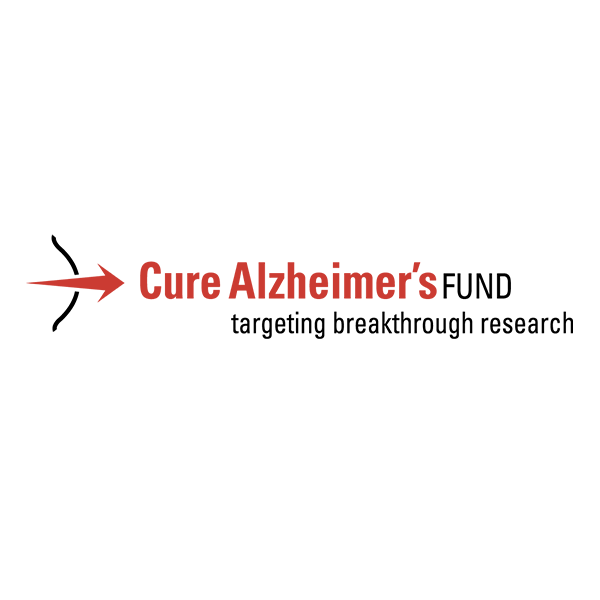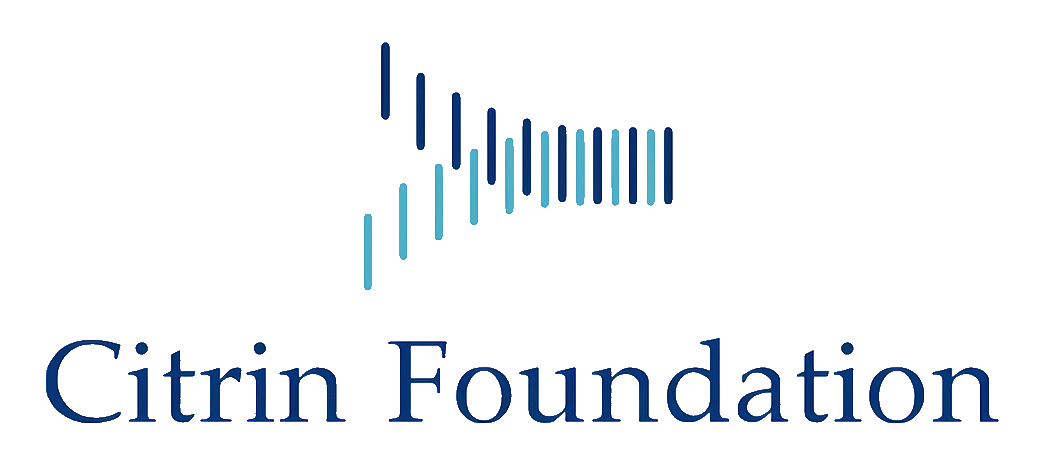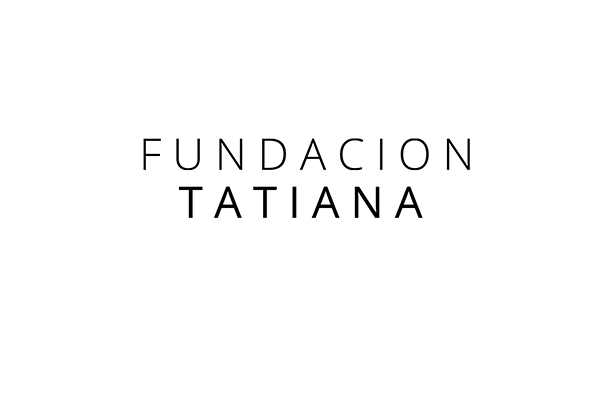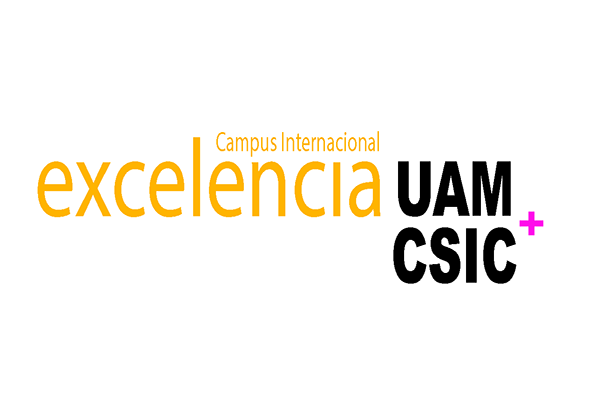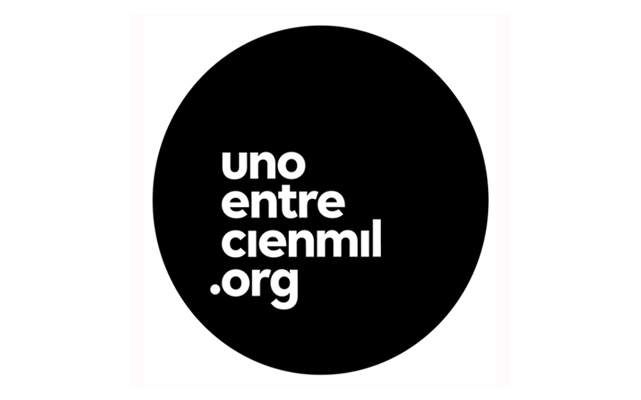COOKIES POLICY
What are cookies?
A cookie is a file that is downloaded to your computer when you access certain web pages. Cookies allow a web page, among other things, to store and retrieve information about the browsing habits of a user or their equipment and, depending on the information they contain and the way they use their equipment, they can be used to recognize the user.
Types of cookies
Classification of cookies is made according to a series of categories. However, it is necessary to take into account that the same cookie can be included in more than one category.
- Cookies according to the entity that manages them
Depending on the entity that manages the computer or domain from which the cookies are sent and treat the data obtained, we can distinguish:
- Own cookies: those that are sent to the user's terminal equipment from a computer or domain managed by the editor itself and from which the service requested by the user is provided.
- Third party cookies: those that are sent to the user's terminal equipment from a computer or domain that is not managed by the publisher, but by another entity that processes the data obtained through the cookies. When cookies are installed from a computer or domain managed by the publisher itself, but the information collected through them is managed by a third party, they cannot be considered as own cookies.
- Cookies according to the period of time they remain activated
Depending on the length of time that they remain activated in the terminal equipment, we can distinguish:
- Session cookies: type of cookies designed to collect and store data while the user accesses a web page. They are usually used to store information that only is kept to provide the service requested by the user on a single occasion (e.g. a list of products purchased).
- Persistent cookies: type of cookies in which the data is still stored in the terminal and can be accessed and processed during a period defined by the person responsible for the cookie, which can range from a few minutes to several years.
- Cookies according to their purpose
Depending on the purpose for which the data obtained through cookies are processed, we can distinguish between:
- Technical cookies: those that allow the user to navigate through a web page, platform or application and the use of different options or services that exist in it, such as controlling traffic and data communication, identifying the session, access to restricted access parts, remember the elements that make up an order, perform the purchase process of an order, make a registration or participation in an event, use security elements during navigation, store content for the broadcast videos or sound or share content through social networks.
- Personalization cookies: those that allow the user to access the service with some predefined general characteristics based on a series of criteria in the user's terminal, such as the language, the type of browser through which the user accesses the service, the regional configuration from where you access the service, etc.
- Analytical cookies: those that allow the person responsible for them to monitor and analyse the behaviour of the users of the websites to which they are linked. The information collected through this type of cookies is used in the measurement of the activity of the websites, applications or platforms, and for the elaboration of navigation profiles of the users of said sites, applications and platforms, in order to introduce improvements in the analysis of the data of use made by the users of the service.
Cookies used on our website
The CBMSO website uses Google Analytics. Google Analytics is a simple and easy to use tool that helps website owners to measure how users interact with the content of the site. You can consult more information about the cookies used by Google Analitycs in this link.
Acceptance of the Cookies Policy
The CBMSO assumes that you accept the use of cookies if you continue browsing, considering that it is a conscious and positive action from which the user's consent is inferred. In this regard, you are previously informed that such behaviour will be interpreted that you accept the installation and use of cookies.
Knowing this information, it is possible to carry out the following actions:
- Accept cookies: if the user presses the acceptance button, this warning will not be displayed again when accessing any page of the portal.
- Review the cookies policy: the user can access to this page in which the use of cookies is detailed, as well as links to modify the browser settings.
How to modify the configuration of cookies
Using your browser you can restrict, block or delete cookies from any web page. In each browser the process is different, here we show you links on this particular of the most used browsers:

